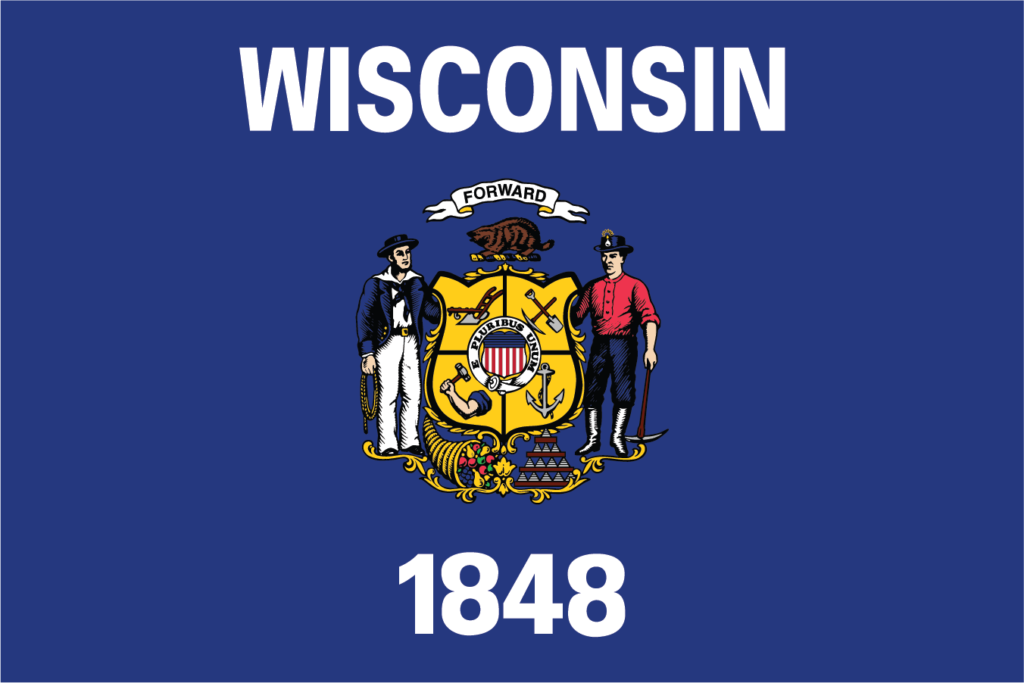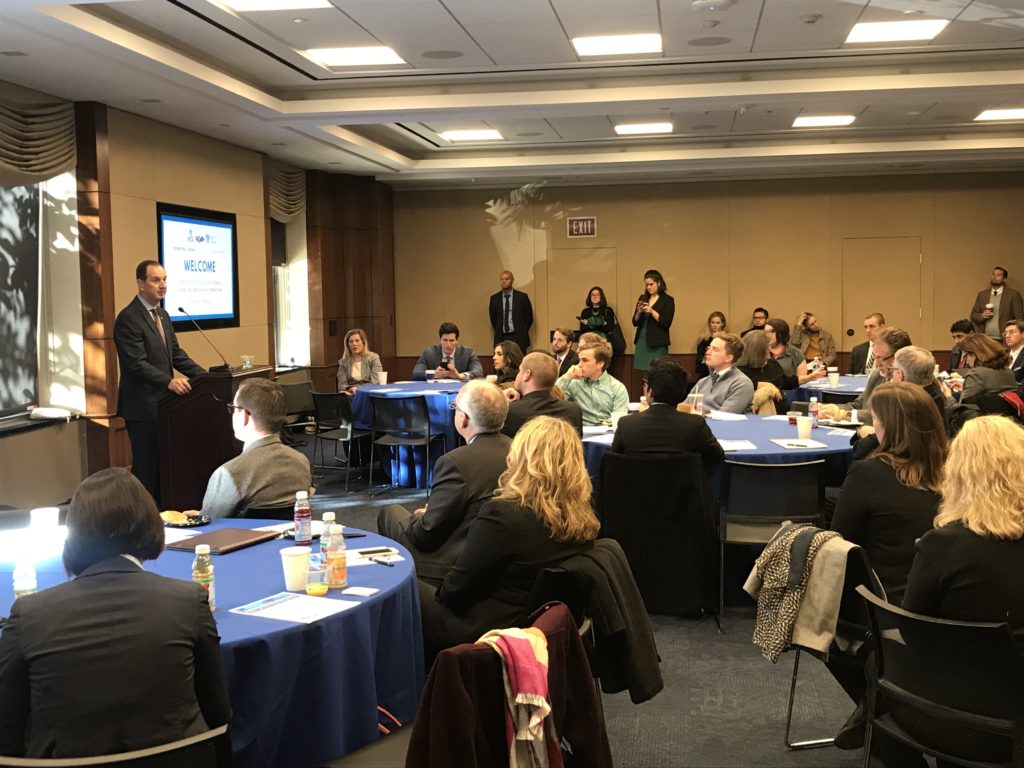
In recent years, states have worked to reduce barriers to interstate mobility for licensed professionals through interstate licensure compacts—statutorily enacted agreements among states allowing licensees to practice across state lines—and universal license recognition laws, in which a single state determines its unique process to grant a license by endorsement to a license holder from another state or territory. These policies help to solve similar problems, but there are several major differences. Notably, compacts are tailored to a particular profession and allow licensees to engage in interstate practice in all compact member states, whereas universal recognition laws attempt to account for most or all professions a state regulates, but only with regard to practice within that state’s borders. The following resource provides a summary comparison of some of the benefits states may realize from each policy.
Continue reading “Comparing Universal Licensure Recognition and Interstate Compacts”





